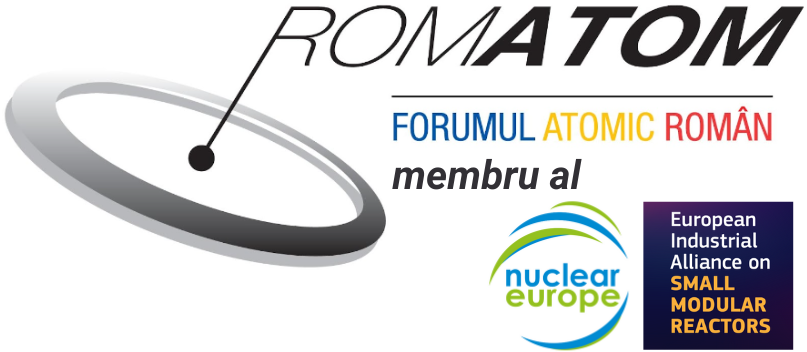The nuclear industry in Romania îANDi expresses satisfaction on adoption Resolution of the European Parliament of December 15, 2015, "to a European Energy Union" (2015/2113 (INI), which is recognized the contribution to nuclear technology to security insuranceACROSSI II Energy under the conditions of compliance Þinteger on the reduction of serum gas emissionsă.
In view of, mainly, the communication of the European Commission entitled "A Framework Strategy for a resilient energy union with a prospective policy in the field of climate change" (Com (2015) 0080) and annexes to it, the European Parliament adopted on December 15, 2015 with 403 votes for, 177 against and 117 abstentions, non-legal resolution "to a European Union"(2015/2113 (INI)).By this, the European Commission is asked to provide the necessary framework for the Member States that want to develop nuclear projects, considering that nuclear energy has one of the most important contributions to the European Energy Mix, ensures Energy Security, reduced CO emissions2, accessibility for consumers and a stable basis for including renewable energy in energy systems.
”We are conANDtient and We support the contribution of renewable energies to the reduction ofăglobal lzii but the adopted resolutionă Recently by the European Parliament brings the necessary balance, I putând all the energies with low carbon emissions including nuclear energyă, on the same plane.Is a long position aANDexpectedă nuclear industryă your roomânia, who even ifă has no legislative effect, representsă A signal for respecting the right of Member States to choose the adequate energy mixă discriminări between technologies.For Romania this signal is extremely important because it offers the prospect of using existing resources and expertise in order to reach the targets on reducing carbon emissions.At the level of the European Union we are the only state with a complete nuclear cycle, and units 1 and 2 in Cernavoda provide about 20% of Romania's electricity needs.These two elements, along with Romania's commitment to develop units 3 and 4 from Cernavoda, show that the nuclear will continue to be a basic component of the Romanian energy policy ”, said Marius Gheorghiu, the general director of Elcomex IEA, the company that owns the Romatom Presidency.
The resolution of the European Parliament finds that “In 2014, nuclear energy represented 27 % of the Energy Mix of the European Union (EU), insuredâND over half of all energy with reduced carbon dioxide emissions ” signaling the fact "That 130 out of 132 EU nuclear power plants are to be decommissioned by 2050, causing a huge basic energy and low carbon dioxide emissions in the European energy mix." resolution "It recognizes that some Member States have chosen to give up nuclear energy, while others consider the development of new nuclear power plants to achieve the European and national objectives related to energy and climate." By asking the Commission to offer the framework which, in accordance with the rules of the internal market and in the field of competition, allow the Member States to build new nuclear power stations if they want it.
We remind the contribution of the two nuclear units existing in Romania to reduce carbon dioxide emissions by approx.12,000,000 tons Co2/year, which would otherwise occur by burning fossil fuels, as well as the determining role in ensuring energy security and accessibility to consumers to electricity.
***
About Romatom:
Romatom was set up on January 10, 2001, when 14 companies, with private or state capital, as well as two non-governmental associations, decided to set up the Romanian Atomic Forum.Currently, Romatom has over 30 members.
The association aims to promote the use for peaceful nuclear energy in Romania and to support the national nuclear program, as well as the coordination of all the activities assumed by the accession and participation of the Association in Foratom - the European Atomic Forum.At the same time, Romatom advocates for the protection and promotion of the interests of its members, representing the voice of the national nuclear industry, considering the technological and acquired know-how level, in order to fruiting them in practice.
Sources:
http://www.ipex.eu/IPEXL-WEB/dossier/document/COM20150080.do

